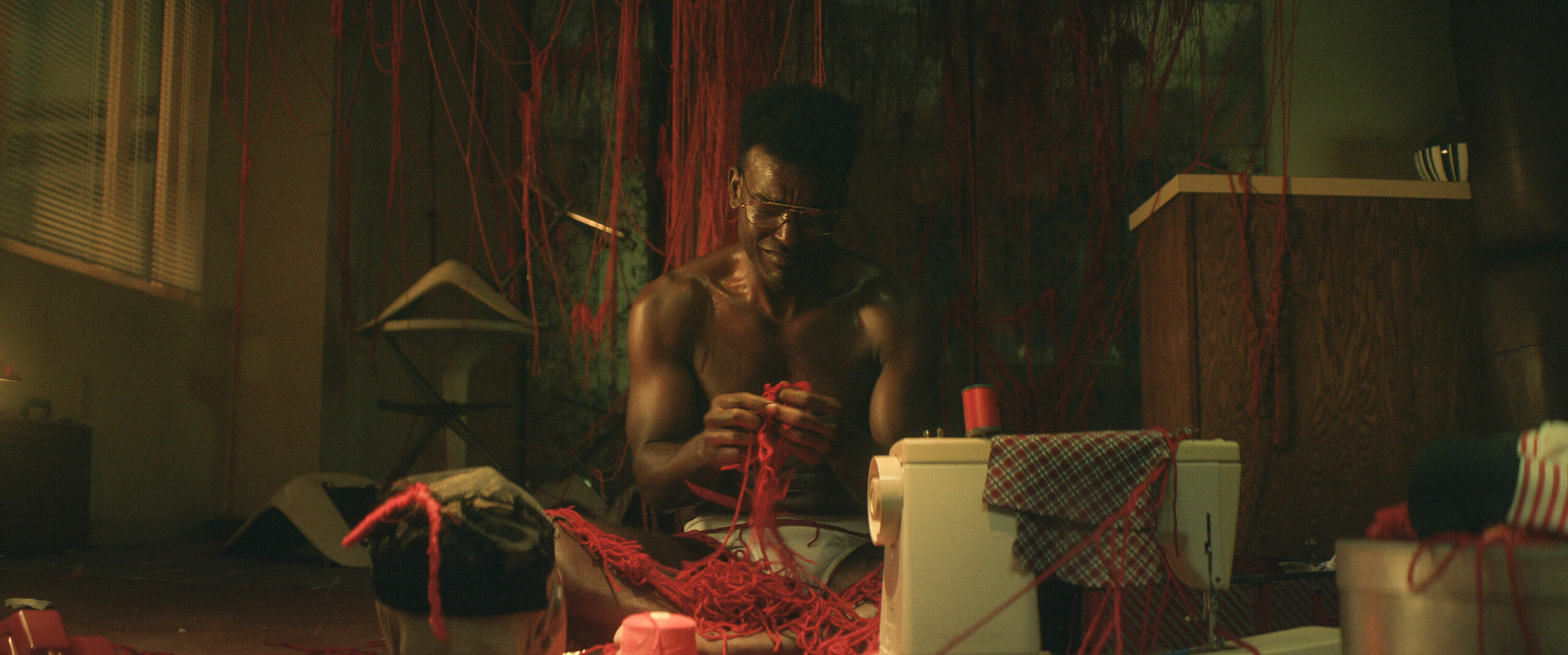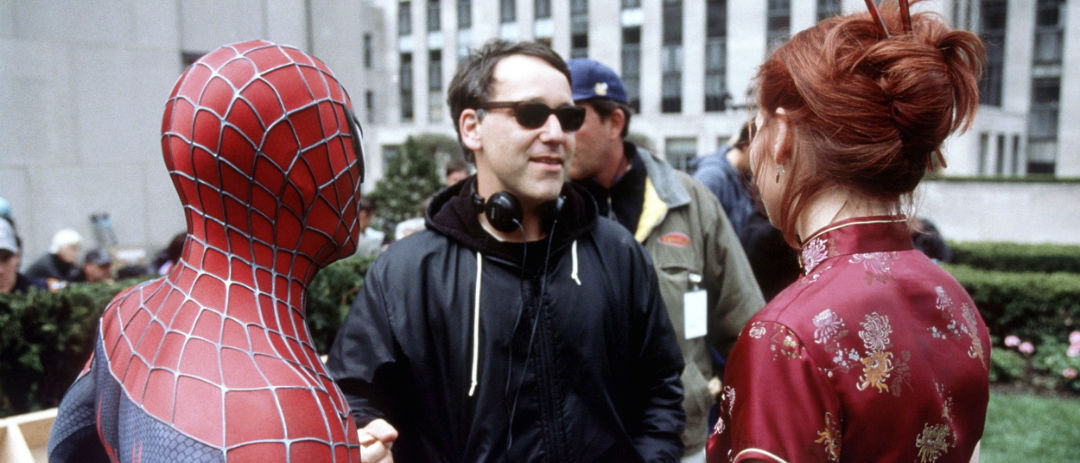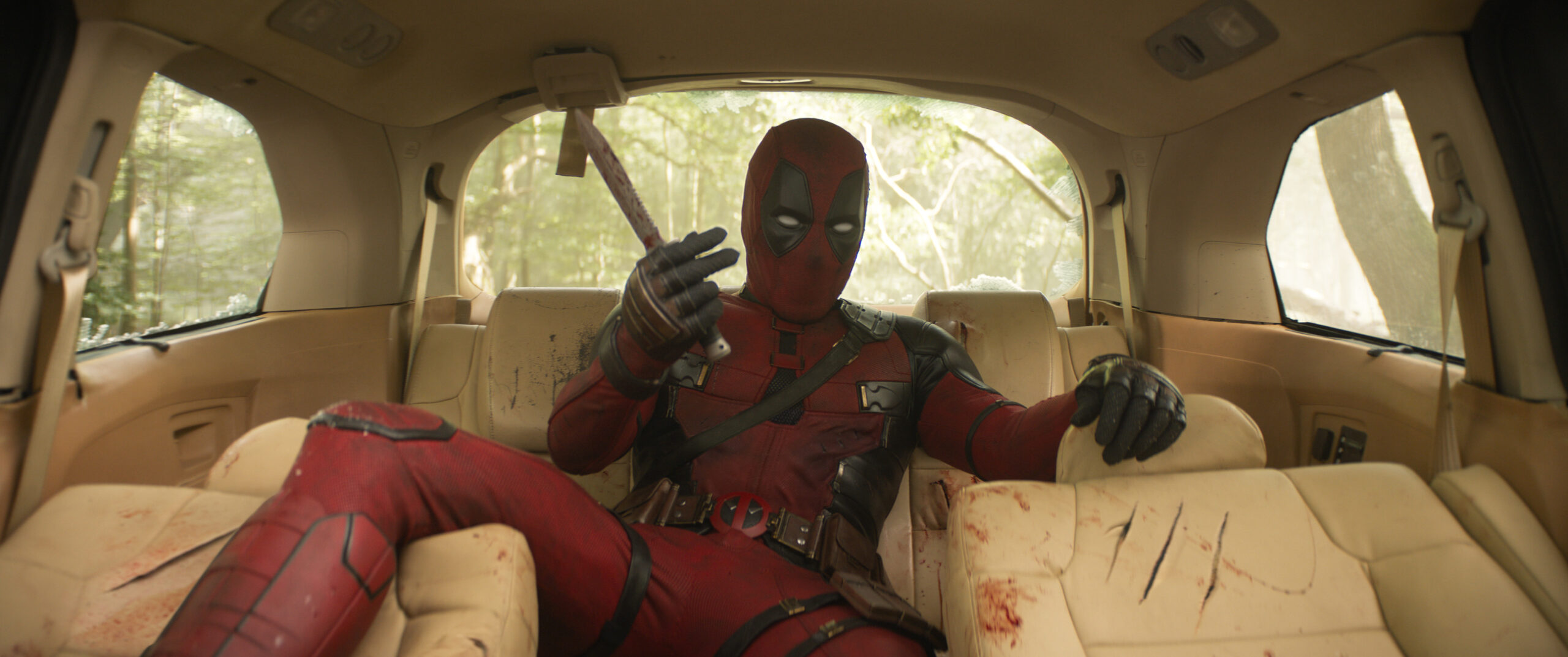The Disney-Fox deal, and to a lesser extent the Time Warner-AT&T merger, will do serious harm to the entertainment industry, possibly leading to its long-term demise. Hollywood is changing before our eyes, as the six (soon to be five) major studios struggle to attract TV and film audiences, while also coping with the explosive growth of streaming services. These changes will ultimately result in fewer films, fewer jobs, and fewer experimental or high-risk projects going forward. The sad thing is, everyone’s seen this coming for years, but the majors have been way too slow to respond.
Hollywood has simply fallen out of step with modern culture; the industry is locked into roughly the same production-distribution-exhibition model that’s existed since the 1920s. Over the last few years, streaming services, cord-cutting, and mobile platforms have altered the way media is consumed, causing the majors to panic like a bunch of cornered predators. Too dramatic? Maybe, maybe not.
Related – Disney Acquires 21st Century Fox, Properties Like X-Men, Avatar, Fantastic Four
Millions of consumers have flocked to streaming and digital platforms rather than patronize traditional venues like theaters and TV, catching the majors entirely flat-footed. The majors are now responding with a bizarre fight or flight behavior that’s forever altering the entertainment landscape. (It’s corporate Darwinism on an epic scale).
The big question is: what does all of this mean and how does it affect our favorite properties and franchises? Let’s discuss!
The Majors Become A Pyramid With Disney At The Top

Way, way back in the 1920s Hollywood was ruled by the “Big Five” studios (20th Century Fox, Paramount, Warner Bros., MGM, RKO), who controlled production, distribution, and exhibition — known as “vertical integration,” which the government deemed anti-competitive. Today we have the “Six Majors” (20th Century Fox, Paramount, Warner Bros., Universal, Sony, Disney) who are essentially horizontally integrated — collectively, they own every aspect of the creative process and virtually every major franchise or property.
If Disney and AT&T complete their deals there will only be five major studios left standing; but realistically, Disney will be the grandmaster. Paramount, WB, Universal, and Sony are each struggling with major flops, declining franchises, and/or a variety of legal battles. Disney’s ownership of Marvel (with the exception of Spider-Man), Pixar, Lucasfilm, and Avatar is incredibly dominant — consider that Disney largely owns the Nov-Dec 2017 box office (Thor: Ragnarok, CoCo, The Last Jedi). Between Disney and Fox they own 11 of the top 20 films this year. Think about that for a moment. Going forward, Disney will drop a new blockbuster movie almost every other week of the year — we’re not far from that now!
Increased Focus On Blockbuster Film Projects

Fans of superhero, animated, and sci-fi films are getting all they can eat these days. Get used to it, because it’s rare for a non-blockbuster to secure a handful of screens for more than a week or two. Each major has their roster of franchises — some clearly stronger than others — and they’re going to keep pumping these films out until the math doesn’t work anymore… it’s unclear what happens when this occurs.
Unfortunately, audiences are tiring of the blockbuster formula, which is clearly contributing to audience frustration — just read the fan reviews of The Last Jedi on Rotten Tomatoes or Metacritic for proof. CG-laden spectacles are the norm, but how much longer will fans remain mesmerized? Gimmicks like 3D, VR, and MoviePass have limited appeal, but at least they’re trying to move the needle.
Fewer Movies Will Be Made Overall

The production costs for the average blockbuster film is over $150 Million (Justice League famously cost over $300M). Add to this the marketing costs, which are usually 1:1 with production budget, and you can see how challenging it is for these beasts to make money. In 2017 there were lots of major flops (King Arthur, Geostorm, Blade Runner, Valerian), creating giant revenue holes at the majors — and probably killing many smaller projects. Note that Disney doesn’t seem to have a flop problem, which must be terrifying for everyone else.
Even when a blockbuster nails it and has a huge opening weekend, it might only get a week or two of runway before the next blockbuster takes their lunch. The likely consequence is that the majors make fewer films overall with a greater emphasis on formula, CG, and spectacle. But what about Deadpool and Logan, you say? As excited as everyone is for the success of these two films, it’s not clear (yet) whether these are outliers (Venom, Hellboy, and Spawn will help clarify). Expect the major to take fewer risks going forward (unless the budgets are tiny).
Tens Of Thousands Of Jobs Could Be Lost

THR reports that the Disney-Fox deal could result in 5-10K lost jobs, as acquisitions of this size tend to create redundancies. Additionally, Fox had a number of projects in varying states of development, which may be killed, paused, or delayed for one reason or another (Alien, Gambit, Planet of the Apes).
It’s going to take 12-18 months for Disney and its subsidiaries (Marvel, Pixar, Lucasfilm) to decide what to do with all of these various Fox projects — if anything at all. Fox example, Marvel produces 3 movies per year, but the addition of X-Men, Deadpool, and Fantastic Four complicates things; can Marvel make 5 movies per year? If not, somethings got to give (sorry Gambit).
All of the cast and crew associated with these up-in-the-air projects will have to find other work, but as mentioned above, what happens when there are fewer projects to go around?
Expect A Major Shakeup Of Streaming Services

Netflix, Amazon, and Hulu are the big kids on the streaming playground. Disney is creating their own streaming service (debuting in late 2019), and it will be dominant out-of-the-box. CBS, HBO, DC, and others are pushing their own services too. The problem is, the average consumer won’t subscribe to more than 2-3 of these at a time. So, who survives?
Adding to the confusion, Disney already owns 30% of Hulu, and with the Fox deal they’ll own 60%. It’s hard to imagine that Disney launches their own new service while also owning a competing service. So Hulu is probably on the selling block. That said, it’s unclear whether the Disney service will contain mature and R-rated content, which means that a lot of Fox movies and series will need a home… so maybe Hulu still makes sense for Disney. It’s bananas, but this is the world we live in.
Conclusion
Streaming services are where the future wars of Hollywood will be fought. Sure, movie theaters and network/cable won’t go away overnight, but a reckoning is coming. Audiences simply aren’t returning to theaters or watching TV like they did in the 1950s, although the majors will continue abusing those avenues until the money dries up completely.
We’re seeing a serious contraction in the entertainment industry, and I don’t think it’s anywhere near over. It’s conceivable that survival will dictate more mergers and acquisitions; next year we could be looking at 4 or even 3 major studios and perhaps quite a few less networks and cable channels too. Change is normal, change is often good, but the kind of change happening in Hollywood seems very reactionary, and it’s not going to be good for a lot of actors, crew, execs, and fans.
Don’t forget to share this post on your Facebook wall and with your Twitter followers! Just hit the buttons on the top of this page.
SOURCES: ComicBook , Forbes , The Atlantic , THR , Bloomberg

 FOR FANBOYS, BY FANBOYS
Have you checked out LRM Online’s official podcasts and videos on The Genreverse Podcast Network? Available on YouTube and all your favorite podcast apps, This multimedia empire includes The Daily CoG, Breaking Geek Radio: The Podcast, GeekScholars Movie News, Anime-Versal Review Podcast, and our Star Wars dedicated podcast The Cantina. Check it out by listening on all your favorite podcast apps, or watching on YouTube!
Subscribe on: Apple Podcasts | Spotify | SoundCloud | Stitcher | Google Play
FOR FANBOYS, BY FANBOYS
Have you checked out LRM Online’s official podcasts and videos on The Genreverse Podcast Network? Available on YouTube and all your favorite podcast apps, This multimedia empire includes The Daily CoG, Breaking Geek Radio: The Podcast, GeekScholars Movie News, Anime-Versal Review Podcast, and our Star Wars dedicated podcast The Cantina. Check it out by listening on all your favorite podcast apps, or watching on YouTube!
Subscribe on: Apple Podcasts | Spotify | SoundCloud | Stitcher | Google Play




